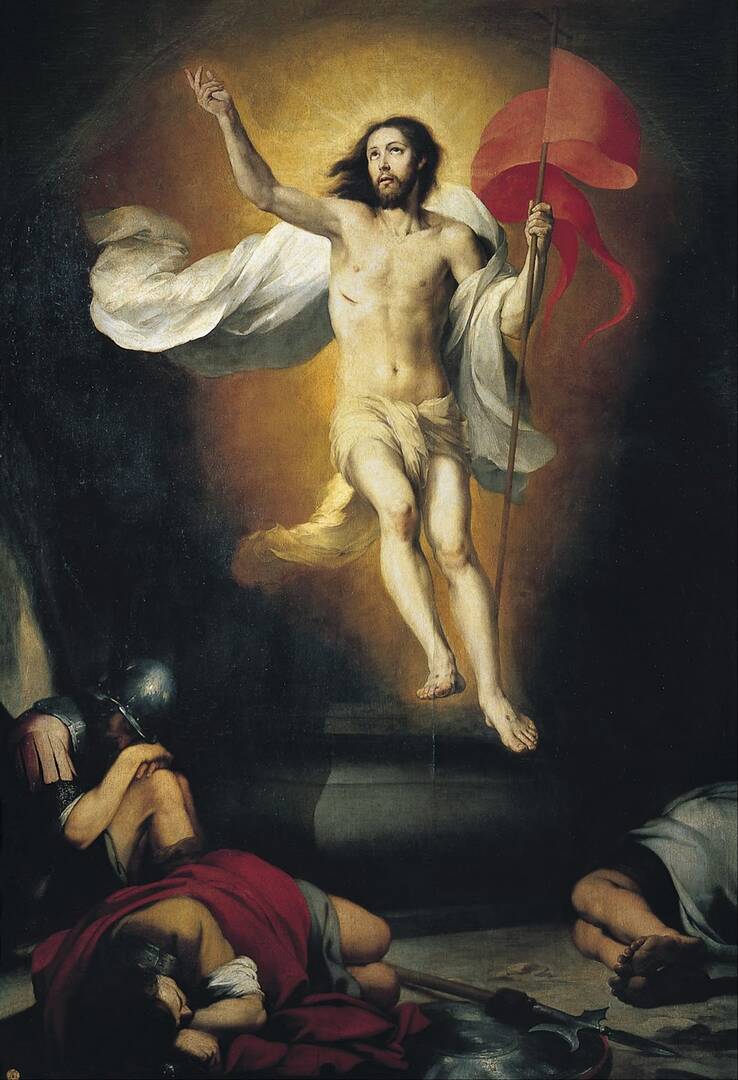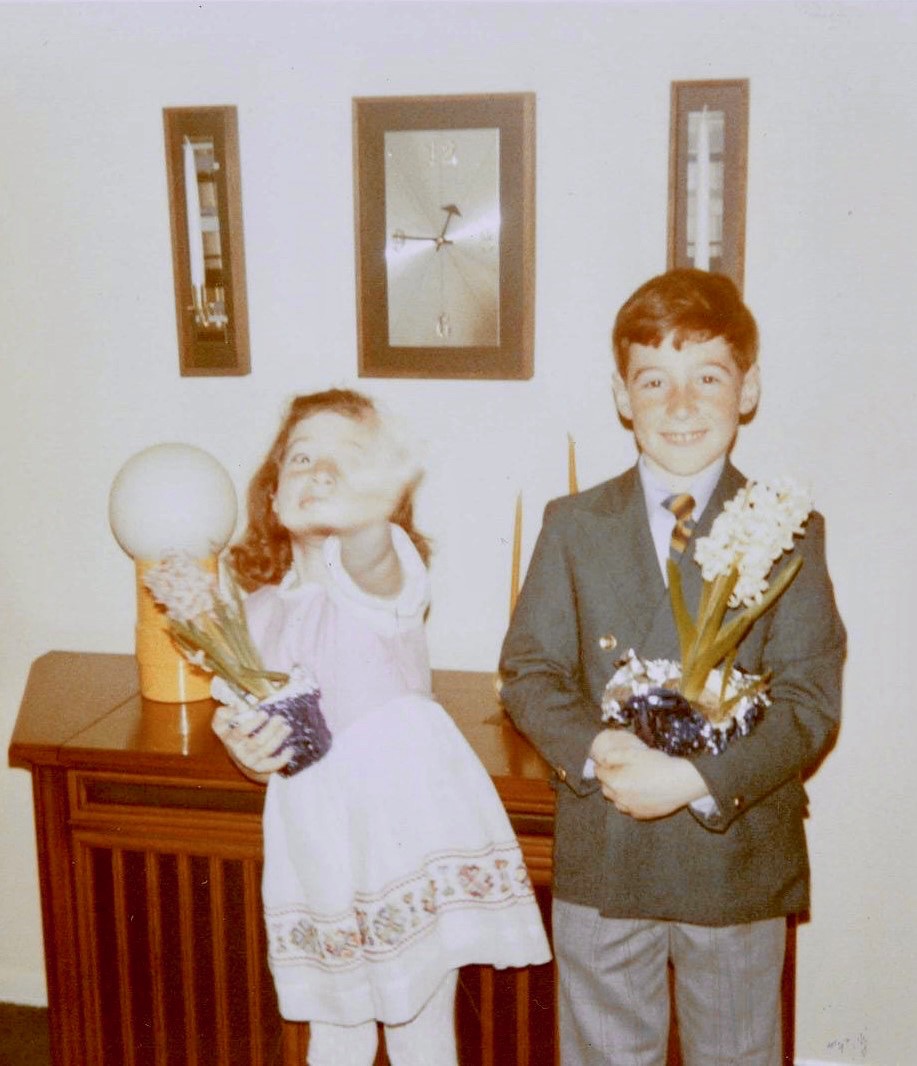A Reflection for Ash Wednesday
“Even now, says the LORD,
return to me with your whole heart,
with fasting, and weeping, and mourning;
Rend your hearts, not your garments,
and return to the LORD, your God” (Joel 2:12).
Today’s readings for Ash Wednesday are almost too much to take in. Too rich. Too challenging. Too consoling. So let us look at just a small part–the beginning of the first reading, from the Book of Joel: “Even now, says the LORD, return to me with your whole heart...” “Even now” may seem like a throwaway phrase, like “now” or “well.” But it is far more than a conversational tic. “Even now” means: even after all you have done, even after this life you have led, even after having tried and tried. Even after failing. Even after many Lents. Even now, says God, I want you to return to me.
In God’s world, it is never too late. Every day is an “even now.”
God wants us to “return,” which means that from the beginning God was with us. Otherwise, how could we return? God created us “in our mother’s womb,” as Psalm 139 says, and so has accompanied us from the start of our lives. The Neoplatonic philosophers of the third century, who would influence Medieval Christian philosophers and theologians, often talked about “emanation” and “return” from God. I have always loved that idea. We begin from God, we are sent into the world, and at the end of our lives, we return to God. But that “return” is not simply an end-of-life issue. It is a day-to-day reality.
What would it mean in your own life to “return” to God? Where have you grown distant? Where have you lost sight of God?
During Lent, through practices of prayer, almsgiving and fasting, we can focus ourselves on that return. What would it mean in your own life to “return” to God? Where have you grown distant? Where have you lost sight of God? What practices need to fall away? Which ones do you need to take up?
Once you have decided on these paths back to God, can you do them “with your whole heart,” as the Book of Joel says? We all know what it is like to carry a promise half-heartedly. Of course, we will never live our resolutions perfectly, but at least today, on Ash Wednesday, can we, with our whole hearts, resolve to return to the one who wants nothing more than to welcome us? Even now?
Get to know James Martin, S.J.
1. What are you giving up for Lent?
During Lent, I always try to be kinder. I hope I’m that way throughout the year, but especially at Lent I make an effort. So I guess you could say I am giving up being unkind.
2. Do you cheat on Sundays?
No way. Not to be overly censorious, but if you’re going to do something good for Lent, Sunday is about the last day to cheat! That goes for St. Patrick’s Day too: What do you think St. Patrick would tell you?
3. Favorite non-meat recipe
Some good lentil soup. It’s pretty hard to mess that one up, too. At the Greek Kitchen, a great (and inexpensive) restaurant a few blocks away from my Jesuit community, they have a wonderful lentil soup with, improbably, a kind of lemony flavor. That plus a nice Greek salad will fill you up and satisfy any of your Lenten fasting goals.
4. Favorite Easter artwork
I’ve always loved Murillo’s “Resurrection of the Lord,” where the Risen Christ is almost exploding out of the tomb. The soldiers, however, are fast asleep. To me, it’s an image not only of the power of Christ over death, but also how we sometimes miss what’s right in front of us.

5. Favorite Easter photo
Happy Easter from my sister Carolyn and me, circa 1970.









